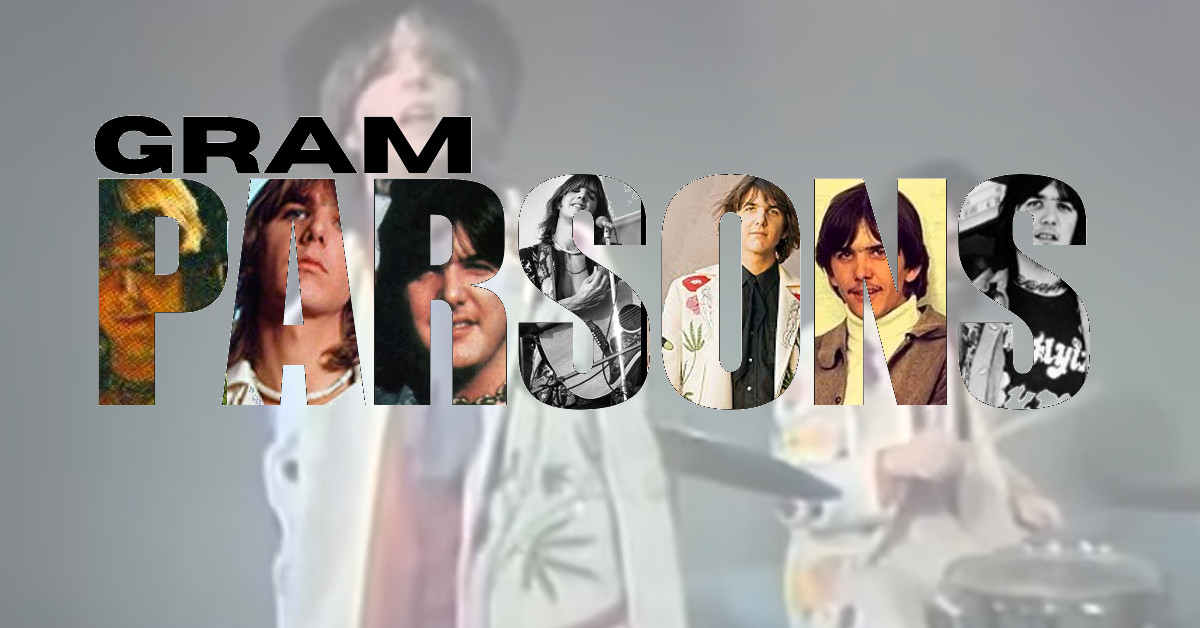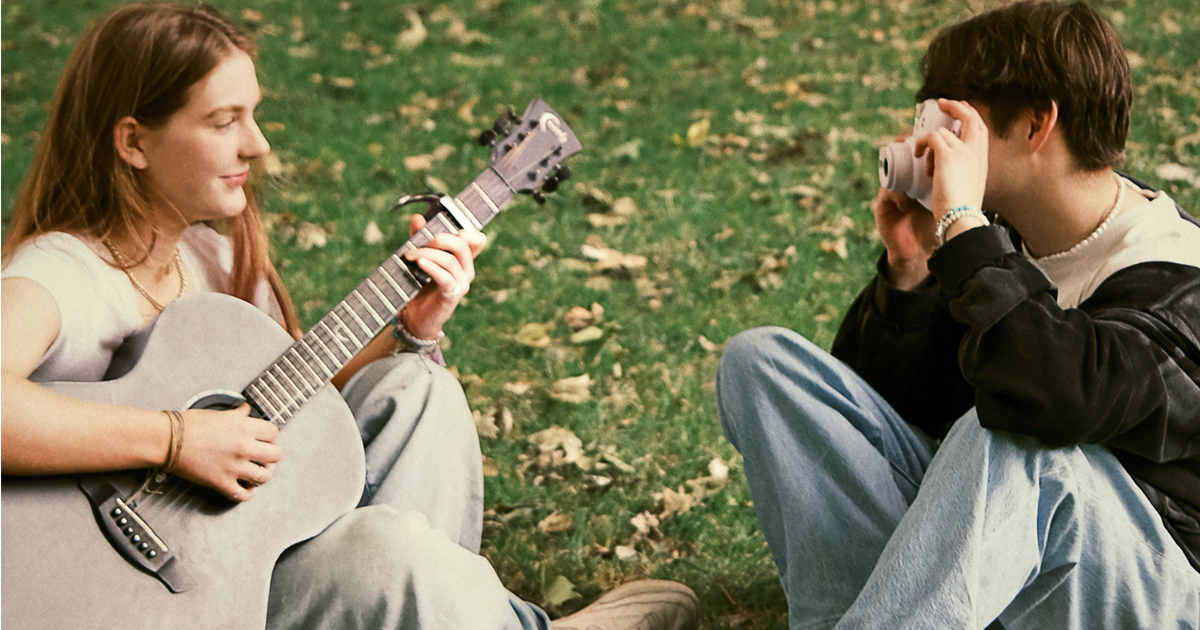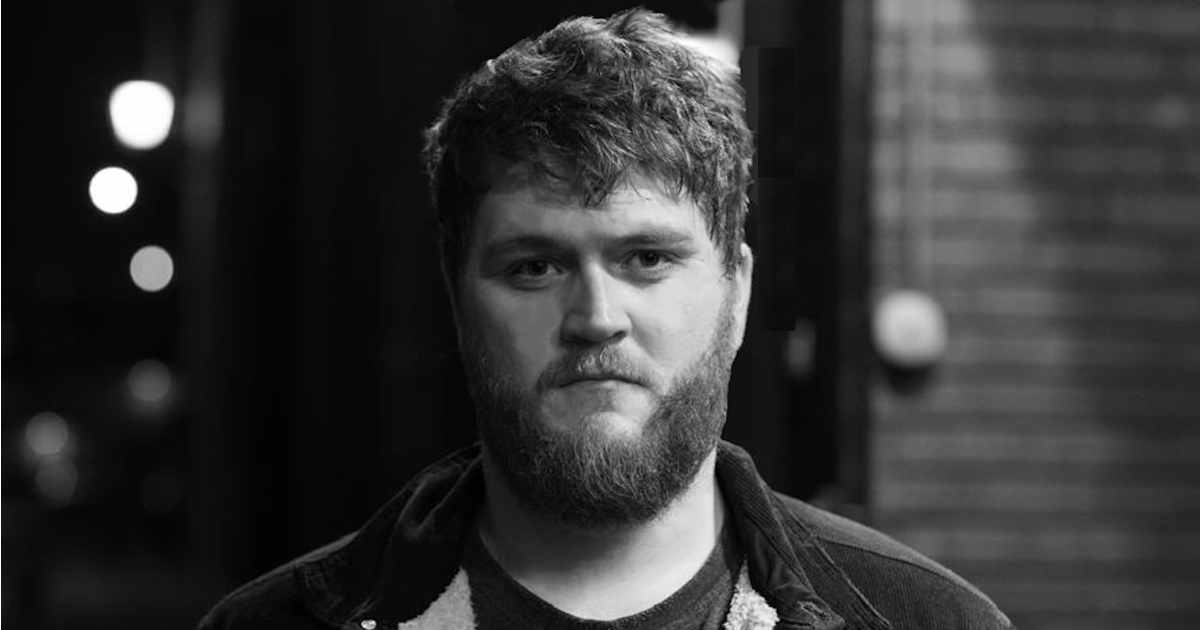Gram Parsons | Bizarre body snatching at the Josha Tree
Rockapedia theBeat.ie
theBeat.ie
On the 19th of September, 1973, country-rock pioneer Gram Parsons died in room eight of the Joshua Tree Inn, just outside Joshua Tree National Park. He was only 26, his body giving in to years of hard living fueled by booze, pills, and heroin.
What happened next, though, has gone down in rock ‘n’ roll history as one of the strangest, most legendary cases of body snatching
ever told.
Parsons’ name might not be on everyone’s lips like Jagger or Dylan, but his fingerprints are all over the birth of country-rock. He briefly joined The Byrds in 1968 and was a driving force behind their landmark album Sweetheart of the Rodeo
. After that short stint, he teamed up with fellow Byrd Chris Hillman to form The Flying Burrito Brothers.
The Burritos didn’t make a dent commercially, but they helped sketch out a whole new genre, blending twangy steel guitars with the soul of rock ‘n’ roll. Parsons eventually went solo, recording a couple of albums that critics loved, even if they never cracked the charts.
He was also becoming known in country circles for his smooth vocals, but the darker side of his life was harder to ignore. Parsons lived every cliché of the rock ‘n’ roll lifestyle: hard partying, endless drugs, and late nights with fellow wild men like Keith Richards of The Rolling Stones. Richards later admitted that Parsons deepened his love and understanding of country music.
But by 26, Parsons’ body simply couldn’t keep up. After a two-day binge in Joshua Tree, he overdosed on morphine and alcohol.
Parsons’ road manager and close friend, Phil Kaufman, remembered a pact he and Gram had made at another musician’s funeral: if one of them died, the other would make sure they were cremated out in Joshua Tree, under the desert sky.
So when Kaufman heard that Parsons’ body was headed back to Louisiana with his estranged stepfather, he wasn’t having it. Grief-stricken and drunk, he gathered some friends, borrowed an old hearse, and drove straight to the airport.
Amazingly, Kaufman managed to convince airline staff that Parsons’ funeral plans had changed, signed some paperwork, and with the help of police officers who thought they were just doing their job, loaded Parsons’ coffin into the hearse. The cops actually helped them steal the body.
Kaufman and his crew, already fueled by beer and Jack Daniels, drove the coffin straight into Joshua Tree National Park.
Not exactly professionals, they struggled to figure out what to do next. Eventually, they pulled over, dragged the coffin out, and doused Parsons’ body in gasoline. Just as headlights appeared in the distance, maybe cops, maybe just another car, Kaufman panicked, tossed a match, and the makeshift cremation began
The group fled the scene, leaving Parsons’ burning remains in the desert night.
The next morning, the newspapers went wild. Some even spun the story as a possible satanic ritual. Authorities had no trouble identifying Parsons’ charred body, and soon enough Kaufman turned himself in.
At the time, there was no law against stealing a corpse. Since a body had no intrinsic value,
Kaufman and his friends were only charged with coffin theft and property damage. Their penalty? A $300 fine each, plus $708 for the ruined casket.
It’s a wild, almost unbelievable tale, but in a way, it feels fitting for Parsons. He burned bright and fast, shaping a genre that would inspire the Eagles, Emmylou Harris, Wilco, and countless others.
Gram Parsons may have died young, but thanks to his music, and his bizarre final farewell, his legend is eternal, forever tied to the mystique of Joshua Tree.



